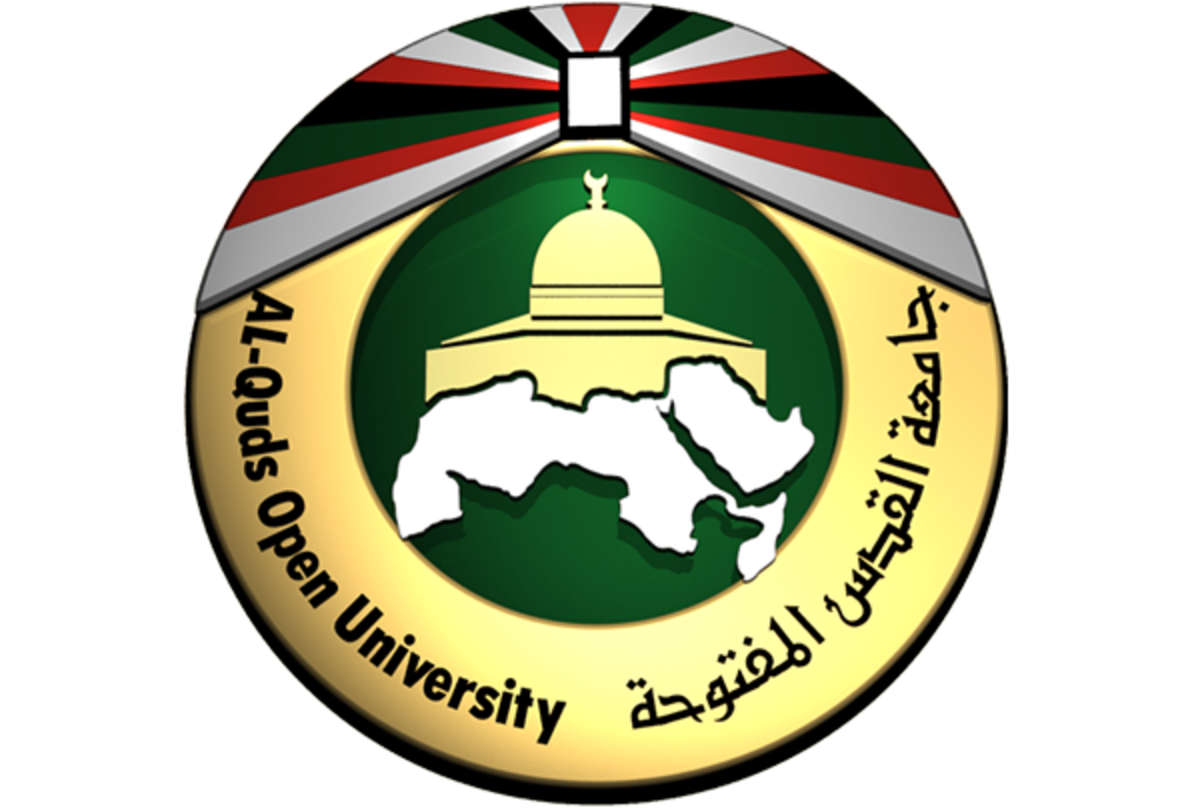Journal of Al-Quds Open University for Educational & Psychological Research & Studies

Abstract
The study’s objectives were to examine the role of university administration in incentives system activation among faculty members at northern universities in the Kingdom of Saudi Arabia and suggest ways to develop it. To achieve the objectives of the study, the descriptive analytical design was employed. The sample of the study consisted of 360 faculty members in the academic year 2018/2019 selected using stratified random sampling. A 40 items questionnaire distributing on 4 domains and an open-ended question was developed, in addition to using a semi-structured interview to investigate the role of university administration in incentives system activation. The study results showed that the role of university administration in incentives system activation among faculty members was moderate. Administrative incentives ranked first (M=3.67) with a moderate level, then human and social incentives (M=3.59) with a moderate level, morale incentives (M= 3.58) with a moderate level, and material incentives (M=3.40) with a moderate level. It was found that there were no statistically significant differences due to the type of faculty in all domains, except for material incentives, as differences were in favor of scientific faculties. There were statistically significant differences due to academic rank in all domains between assistant professor from one hand and associate professor and professor, in favor of associate professor and professor in the material incentives; between associate professor and professor, in favor of professor in the morale incentives; between assistant professor from one hand and associate professor and professor, in favor of associate professor and professor, between associate professor and professor, in favor of professor in the administrative incentives; between professor from one hand and assistant professor and associate professor on the other in human and social incentives and the total score. The results showed statistically significant differences due to experience in all domains, except for material, human, and social incentives. With respect to experience, there were statistically significant differences between 5 years or less and 5-10; in favor of 5 years and less in morale incentives; between 5 years or less and 5-10, in favor of 5-10 years of experience. There were also statistically significant differences between more than 10 from one hand and less than 5 and 5-10 in administrative incentives; between more than 10 years from one hand and less than 5 and 5-10 on the other, in favor of more than 10 years in the total score. From the faculty members’ perspectives, the ways to develop an incentives system included raising faculty members’ salaries in the light of the increasing needs to encourage them to put in the needed effort.
Recommended Citation
Abumaal, Mohammad Abdul Fatah and Ghawanmeh, Fadi Fuad
(2021)
"The Role of University Administration in Incentives Activation Among Faculty Members at Northern Universities in the Kingdom of Saudi Arabia and Ways of Development,"
Journal of Al-Quds Open University for Educational & Psychological Research & Studies: Vol. 12:
No.
33, Article 12.
Available at:
https://digitalcommons.aaru.edu.jo/jaqou_edpsych/vol12/iss33/12

